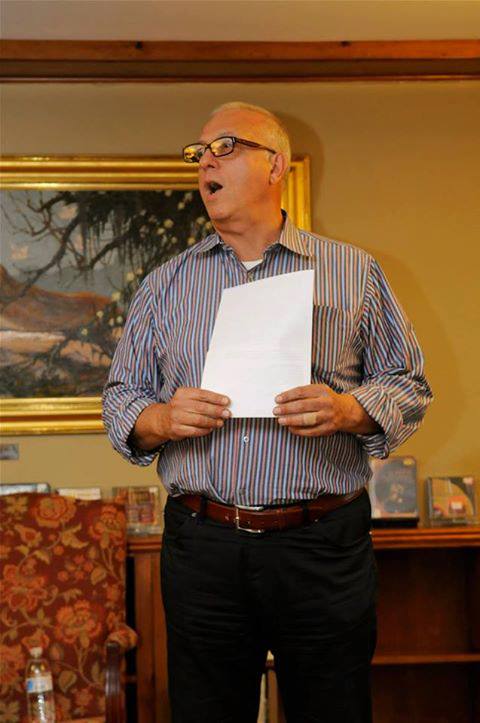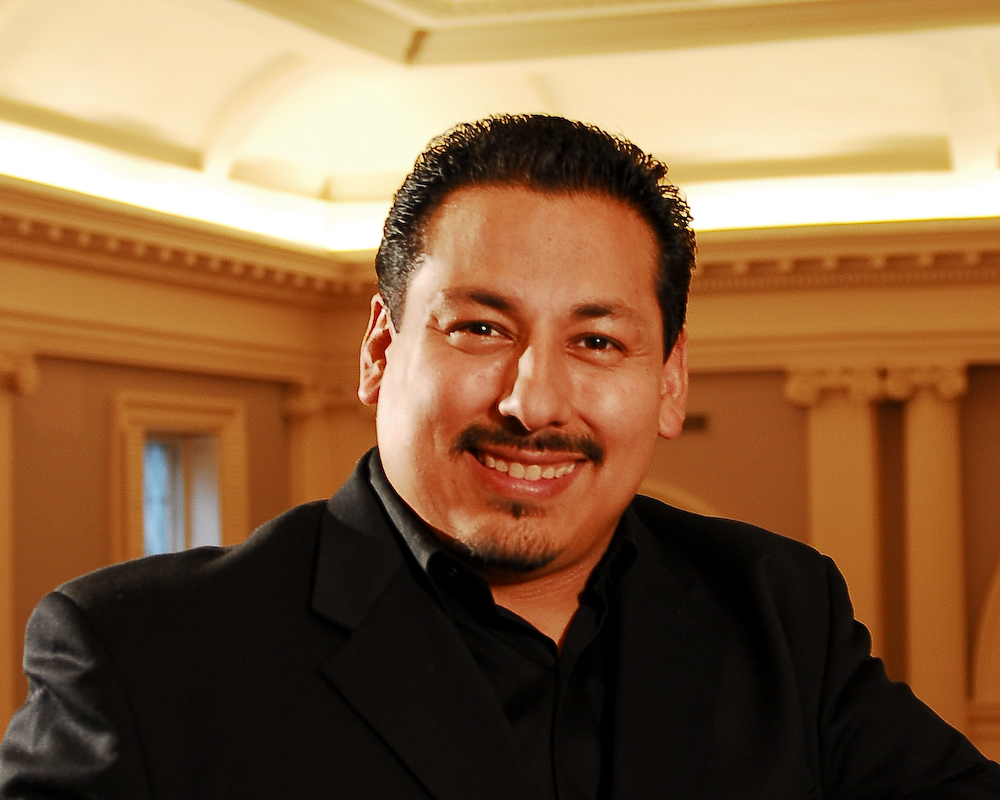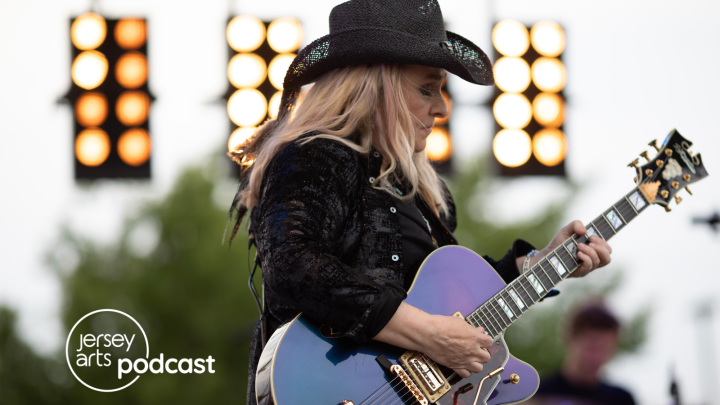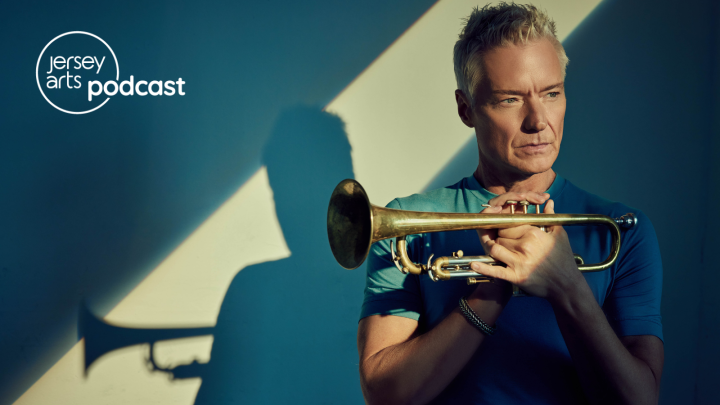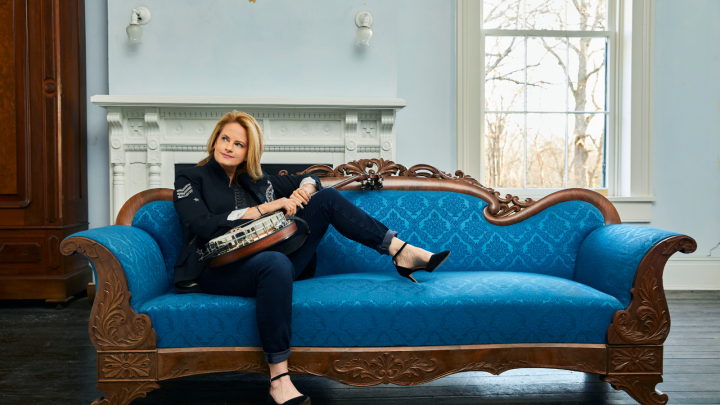A Double Bill From Verismo Opera

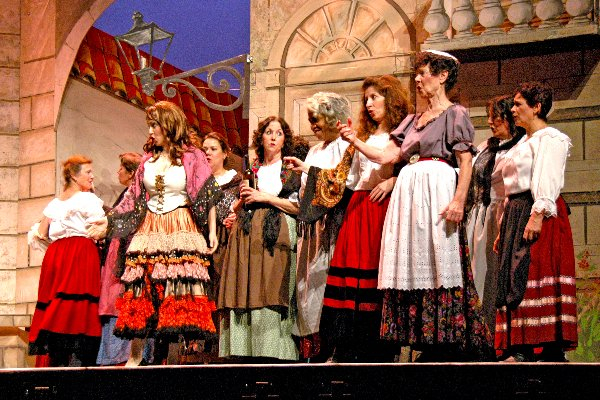
Verismo Opera will present Cavalleria Rusticana at bergenPAC in Englewood, New Jersey on October 2013. Photo: Marilyn Monsanto
“Prima le parole e dopo la musica.” (First the words, then the music.)
On Sunday, October 20 at 3:00 p.m., the New Jersey Association of Verismo Opera will present a double bill of two one-act operas: “Suor Angelica” (1918) by Giacomo Puccini and “Cavalleria Rusticana” (1890) by Pietro Mascagni. The performance takes place at the Bergen Performing Arts Center (bergenPAC) in Englewood, NJ. (And for those of you old-school Bergen County kids like me, that’s the lovely venue formerly known as the John Harms Center.)
Verismo Opera, as the company is called for short, is celebrating its 24th season of mounting operas for opera-loving New Jerseyans. As you might expect from its name, the company specializes in operas of the verismo style. But before we start our own Who’s on First routine, I’ll tell you that when referring to the opera style, I’ll use italics -- verismo. When talking about the opera company, you’ll see regular text -- Verismo Opera.
The musical term verismo, meaning “realism,” comes from the Italian word “vero” which literally means “true.” It’s particularly used to describe some operas from Italian composers written between 1890 and 1920. Prior to 1890, most opera plots revolved around historical, regal or mythological subjects. Those of the verismo style focus on realistic depictions of everyday, contemporary life, especially those of the lower classes. (Note to self: if verismo operas really DO depict real life, do not program the Delorian to arrive in Italy between 1890 and 1920. Odds are I won’t make it back in time to go camping at the lake.)
When asked what makes “Cavalleria Rusticana” such a special work, Verismo Opera co-founder and Technical Director and “Cavalleria”stage director Giovanni Simone said that it was the first opera of this new verismo style. “In Italian, we have a saying,” he said. “‘Prima la parole e dopo la musica.’ That means: ‘First the words, then the music.’” In verismo works, the words take on greater importance than those of prior eras. The words, along with the music, not only convey the plot of the opera, but the feelings of the characters.
Don’t know Italian, you say? Not to worry. While both operas will be performed in the original Italian, English supertitles will also be used.
As a native Italian, Simone feels that he brings important direction to the “Cavalleria” production. “I want to bring a slice of real Sicilian life to Bergen County and show that this society, this time, is really not all that different from ours,” Simone explains. How the singers walk, how the characters are dressed – paying attention to details like these are what will make the opera come to life for the audience, says Simone.
Verismo Opera Artistic Director Lucine Amara agrees that details like these are important in verismo operas. Amara assures me that “every singer and chorister [in their productions] knows exactly who he is, whether he is a peasant or wealthy man.” She credits this strength in their productions to Evelyn La Quaif, general manager of Verismo Opera and stage director of “Suor Angelica.” La Quaif is also Amara’s daughter.
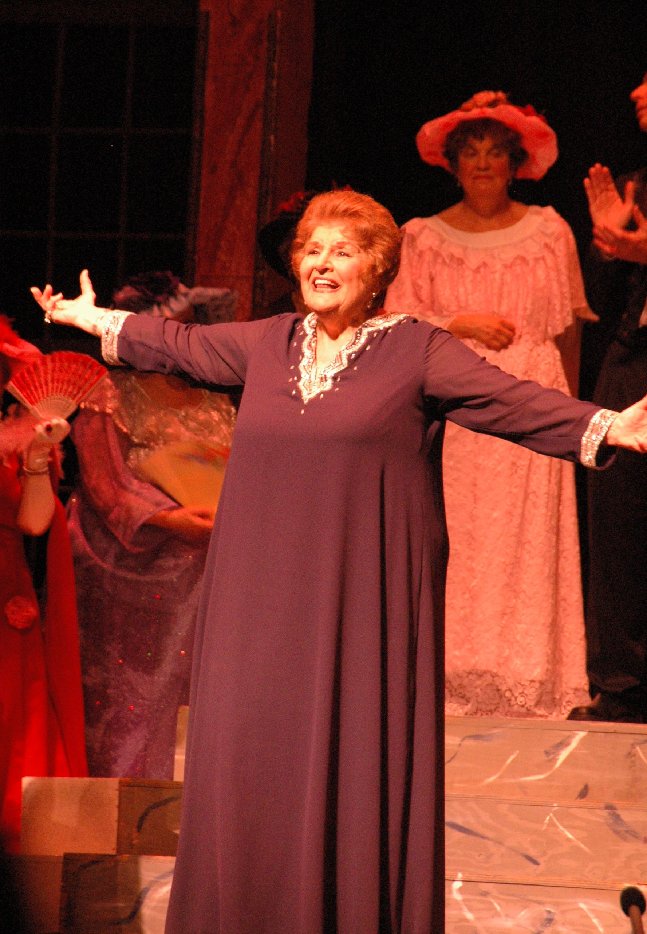
Lucine Amara performs in Verismo Opera's The Merry Widow at the bergenPAC on June 3, 2007. Photo: Marilyn Monsanto
The Artistic Director of Verismo Opera since 1995, Amara says that she is passionate about helping young singers learn and perform roles for the first time. The relative expense of studying has increased dramatically since she was a young singer, which means that today’s singers may not be able to afford more than a couple of lessons or coachings each month. “But how do singers learn without training?” she asks rhetorically.
That’s one of the really interesting things about this company. They identify talented young singers and nurture them through the course of production, providing a great deal of lessons and coachings at no cost – not to mention the invaluable performance experience.
What does Verismo Opera seek in return? Spread the word, says Simone. “We tell our singers, choristers and volunteers: we could spend a fortune on marketing, but the best publicity really comes from you.”
This season’s choice of opera very much reflects the company’s commitment to young singers and its belief that word-of-mouth will fill seats. Verismo Opera’s board deliberately chose to mount “Cavalleria” and “Suor Angelica” precisely because they have larger casts with a number of featured roles, which means being able to showcase more young singers. And a side benefit to employing many young singers is that they often bring many friends, family and heck, even acquaintances, to see them perform, which boosts ticket sales. And the audience gets to experience young, eager, future opera stars, so everybody wins.
“Cavalleria Rusticana”
“Cavalleria” begins early on Easter morning around 1890 in a Sicilian village. Turiddu sings about his former lover, Lola, who is now the wife of a wine carter, Alfio. As the town awakes, Santuzza, Turiddu's current-but-neglected sweetheart, comes looking for him at the tavern of his mother, Lucia. The girl reveals she has been excommunicated, but before she can explain why, Alfio comes by with friends, boasting about his pretty young wife. A religious procession fills the square and enters the church for mass, leaving Santuzza to tell Mamma Lucia that Turiddu has taken up with Lola again. When the old woman has gone to mass, Santuzza confronts Turiddu with his betrayal. Lola passes by, and Turiddu follows her into church. Santuzza hurls a curse after him, then, consumed by jealousy, tells Alfio of Lola's infidelity. Santuzza immediately feels remorse, but the damage is done. When the mass ends, Turiddu and the villagers drink wine, after which Alfio insults Turiddu, who accepts a challenge to duel with knives in a nearby orchard. He begs his mother to take care of Santuzza if he does not return. As Mamma Lucia and Santuzza wait anxiously, shouts rise in the distance. A woman stumbles in crying that Turiddu has been killed.
If you’re a “Godfather Part III” fan, then you already know more than a little about this opera. It features prominently in the plot, as Michael Corleone’s son, Anthony wants to drop out of law school to become an opera singer. Towards the end of the film, Anthony performs in a production of “Cavalleria Rusticana” in Palermo, with his family present, but hilarity does NOT ensue.
Coincidentally, tenor Edgar Jaramillo, who sings the role of Turiddu in Verismo Opera’s production, had planned to be a lawyer before turning his attention to opera. And what was the first opera that he saw as a child? “Cavallaria.” Oh, and who took him to see it? His godfather.
“Suor Angelica”
In “Suor Angelica,” the convent sisters sit by their courtyard fountain, singing about things they wish for. Sister (Suor) Angelica says she wishes for nothing, but the other sisters gossip that she really wishes to hear from her wealthy and noble family, since the rumor is that she was sent to the convent years ago as punishment. Shortly, a visitor arrives at the convent who turns out to be Sister Angelica’s aunt, the Princess. The Princess says that Angelica’s sister is to be married, and that Angelica needs to formally renounce her claim to her inheritance. Angelica says that she has repented for her sin, but still cannot forget the memory of her illegitimate son, who was taken from her seven years earlier. The Princess informs Angelica that the son died from fever two years before. Angelica is devastated, but signs the document. She collapses in tears and the Princess leaves. Angelica then believes that she hears her son calling for her to join him in heaven, so she makes a poison. After drinking it, however, she realizes that she has committed the mortal sins of suicide and will be barred from entering heaven. Angelica begs the Virgin Mary for mercy and, as she dies, she sees a miracle: the Virgin appears with Angelica’s son, who runs to embrace her.
"Suor Angelica" is one of the operas from Puccini’s “Il Trittico” (the triptych or trilogy); the others being “Il tabarro” and “Gianni Schicchi.” While often performed together, they are sometimes paired with other one-act operas, such as Verismo Opera is doing here with “Cavalleria Rusticana.” “Cavalleria” is typically presented alongside Leoncavallo’s “Pagliacci” as part of a “Cav/Pag” double bill. Verismo Opera presented “Pagliacci” last spring, alongside Puccini’s “Gianni Schicchi,” part of “Il Trittico.”
Verismo Opera presents Giacomo Puccini’s “Suor Angelica” and Pietro Mascagni’s “Cavalleria Rusticana” at bergenPAC, located at 30 North Van Brunt Street, in Englewood, NJ on Sunday, October 20 at 3:00 p.m. The performance is presented in two acts with one intermission; a total run time of about three hours. “Cavalleria Rusticana” and “Suor Angelica” will be presented in Italian, with English supertitles.
For more information about Verismo Opera, visit its website, www.verismopera.org, or call (201) 866-0561. Verismo Opera is also on Facebook and Twitter @NJVerismoOpera.
-

